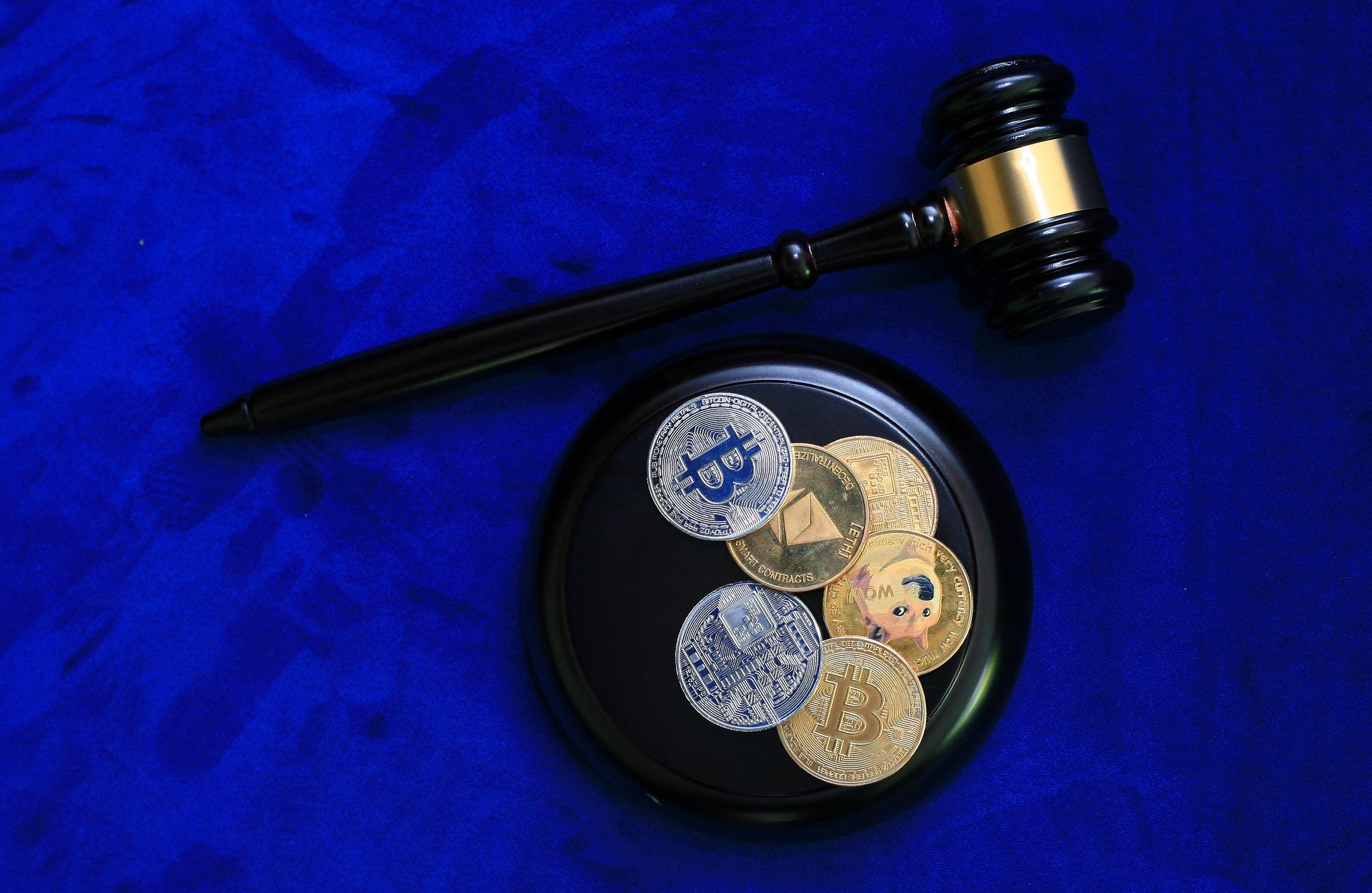The United States has managed to stay at the forefront of cryptocurrency advocacy and blockchain-related innovations in the world. The country, however, is still struggling with the matter of crypto-related regulations and legislators in the region. Thus far, another blockchain byproduct called stablecoins is under the consideration of financial regulators and think tanks to be allowed or banned for the benefit of the investors.
To this end, the emergence of the Stablecoin Trust can create some roadblocks for the proponents of the digital token. It is worth noting that stablecoins are a type of cryptocurrency that is pegged to a commodity or fiat currency like USD. Every stablecoin aspires to retain its value equal, for example, equivalent of a single dollar using algorithms or other economic mechanisms. Regulators in the United States have raised concerns about stablecoins at several points.
Last year, President Joe Biden signed the bipartisan infrastructure bill that also considered the cryptocurrency investors by adding them to the taxpayers. Thus far, the White House has been able to recognize cryptocurrencies’ legal status with the efforts of Senator Patrick Toomey. Recently, the Biden administration issued a crypto executive order that requires several government departments to work in tandem with each other to research and report on the impact of digital assets on the US economy.
According to some financial experts, the EO aims to create a broader adoption of cryptocurrencies in the region and help crypto organization networks to expand. Meanwhile, the Stablecoin TRUST or Transparency of Reserves and Uniform Safe Transactions Act can transform the USA into the first country in the western bloc to recognize and regulate stablecoins at a state level.
Crypto Experts have Mixed Views on Stablecoin TRUST Issuance
Stablecoin TRUST is the brainchild of Senator Pat Toomey, who is also the head of the Senate Bank Committee. The bill in question provides impunity to stablecoins as a distinct asset class from digitized securities. Some cryptocurrency proponents worry that the stablecoin projects will become heavily regulated. The Stablecoin TRUST bill requires all stablecoin projects to acquire a license certification from the office of the Comptroller of Currency or OCC.
The stablecoin projects can also opt to apply for registration from any other state money transporter or any centralized bank. Furthermore, the disclosure conditions for the stablecoin issuers in the USA are stringent, considering the past events where several stablecoin enterprises falsified their financial reserves. All the stablecoin reserves also need to submit regular financial audits to their respective regulators to keep operating without any hindrance.
